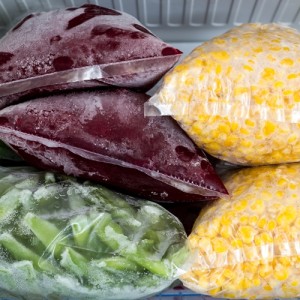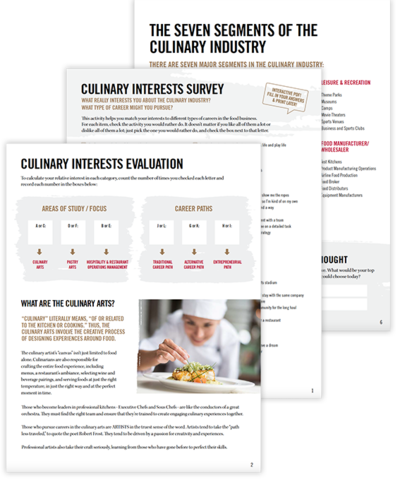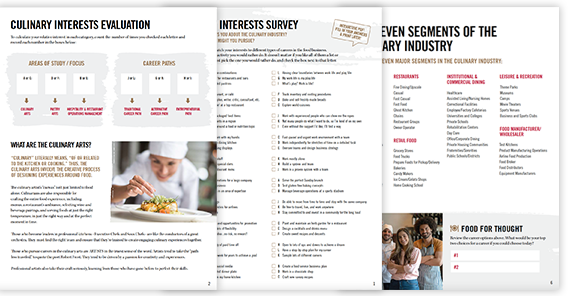5 Tips For Freezing Food

When you learn to cook, you are able to plan meals ahead of time and may even find yourself with an overabundance of tasty things to eat. It is therefore an important part of your education in online culinary courses that you also learn to preserve your ingredients and creations until you are ready to use them. Here are a few tips on storing food in the freezer, so it’s fresh and flavorful when you want it.
1. Wrap foods properly
Make sure that the items you are freezing are properly contained and protected. Good Housekeeping pointed out that a simple plastic wrap or bag is sufficient for shorter storage periods. For a lengthy stay in the cold, though, choose thick freezer bags or wrap, heavy-duty aluminum foil or plastic containers. Leave a little space at the top to account for the possibility of items expanding due to freezing.
Since air and moisture are the enemies of food preservation, using a vacuum sealer can maintain freshness and prevent freezer burn. Inexpensive models are widely available for purchase, but you can simulate the effects with a straw. According to Serious Eats, just sucking out excess air can get the job done.
2. Prepare items before freezing
Simply plunging food into frigid temperatures can be damaging. Cooking Light cautioned against placing warm, freshly cooked dishes in the freezer, as they may partially thaw neighboring foods. Instead, chill the item in the refrigerator beforehand.
Produce especially can benefit from taking a quick side trip prior to the freezer. Serious Eats recommended blanching vegetables and herbs by briefly immersing them in boiling water before placing them in the freezer. This will help them to maintain their texture, color and, most importantly, taste.
3. Know how long food can stay frozen
While freezing can greatly extend the freshness of many edibles, there are always limits. Quality will suffer eventually, especially if the items are exposed to air or moisture. Be sure to label foods with the dates you placed them in the freezer.
According to Eating Well, cooked meat, soups, stews and casseroles will remain tasty up to three months. Thaw out and eat cooked poultry after no more than four months. Finally, uncooked steaks, roasts and poultry can stay in the freezer for as long as a year.
4. Set aside a bag for scraps
Keep a bag of stock scraps available as it will come in handy the next time you are preparing a recipe that calls for vegetable stock. Unused fragments of carrots, celery kale and any other vegetables will add flavor to your soup or casserole. Plus, you’ll skip both the cost and the added preservatives of the store-bought box of stock.
5. What you should never freeze
As Real Simple warned, you should avoid freezing any foods that contain a great deal of water. Such items include vegetables like lettuce or cucumber, which will be soggy when thawed, and soft cheeses, which lose their pleasant texture. Emulsions like mayonnaise. tend to separate and spoil when thawed. The water in a fresh egg will expand if frozen, causing the shell to crack and exposing the interior to bacterial contamination.
Also, never freeze any item in a glass jar, unless you are certain that it is freezer-safe. When liquid inside glass containers expands, there is a risk of shattering. Stick to freezer bags or plastic containers.
When you preserve items, you save yourself time and money. Knowing the correct methods for freezing your foods is easy, and it can be a huge help, relieving the pressure to use ingredients before they spoil while ensuring you have them at the ready.






Recent Comments